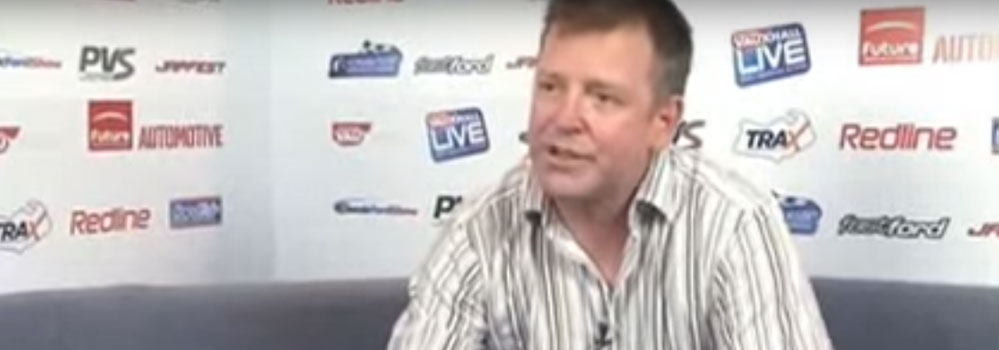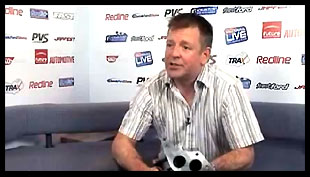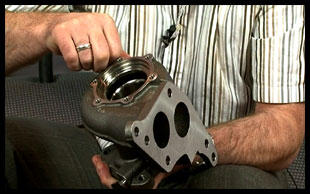
Turbo Dynamics’ MD Peter Marsh grew up around racing cars – not surprising given that his father raced in Formula 1 and at Le Mans, as well as holding a record of being a six-times British Hillclimb Champion

Peter got a job in the turbo industry, and before long was designing hybrids for Cosworth in the late 1980s. At about that time he also got involved in a chip tuning business, reprogramming Eprom Chips, which was obviously an ideal complement to the turbo enterprise.
The local turbo business, which was just 100 yards away from his home, was then bought by Lucas who he continued with.
“I was designing and selling hybrid turbochargers and Lucas incorporated them into its product portfolio”.
When the firm moved its operations to Burnley Peter decided to set up his own business and TD was born. A year later Lucas got out of turbocharging, and TD inherited some of its customer base.
At that time his expertise was in machining turbo compressor housings and wheels, carefully removing tiny amounts of metal to allow the wheels to spin faster and more efficiently.
Asked how turbo technology has changed over time, Peter confirms that while the general principles have remained the same, the use of different materials and improved aerodynamics have allowed better performance as well as improved reliability.

Since the 1990s turbo speeds have increased from 150,000rpm to around 250,000rpm
One thing, sadly, that hasn’t changed is the ignorance that often surrounds turbo faults and their diagnosis. “In 1990 turbos wouldn’t do much more than 150,000rpm – now, with the units being smaller, and with the use of improved construction materials and processes, turbo wheels can withstand faster speeds, the maximimum is now around 250,000rpm. What’s more, housings are smaller – so turbos are more responsive.”
“People still think of the turbo as a weird thing that hangs off the engine? Misdiagnosis is rife and without the correct technical expertise you could easily be landed with an extortionate bill from a main dealer if they suspect it’s at fault.”
